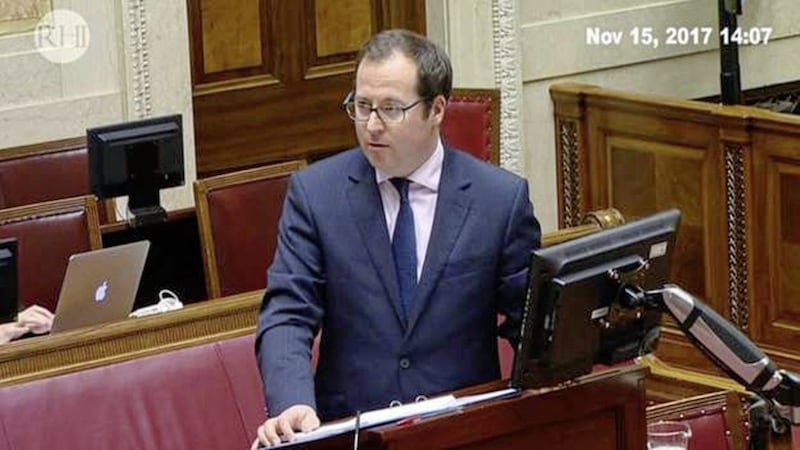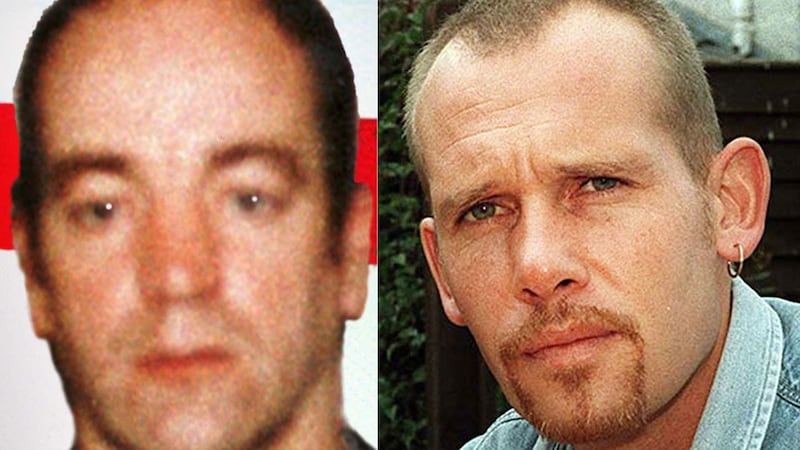THE Renewable Heat Incentive was widely known in the industry as being "too good to be true", a businessman has told the inquiry examining the botched scheme.
In a statement read to the inquiry, Neil Elliott, a businessman operating in the renewable energy sector, said: "No actions were taken as we thought that DETI would cap the scheme, or amend the scheme to the same scheme as the UK mainland.
"We did not communicate any potential flaws in the scheme to anyone, but it was widespread knowledge in the renewable industry that the scheme was too good to be true."
A public inquiry was set up after it emerged the RHI scheme ran significantly over budget, with an overspend of up to £700m over the next 20 years without cost controls.
Donal Lunny, junior counsel to the inquiry, outlined six reasons why the former Department for Enterprise, Trade and Investment (DETI) backed the RHI scheme as opposed to alternative proposals put forward by an advisory firm.
These included its belief that RHI offered greater certainty in terms of meeting targets, and maintaining "consistency" with a similar scheme in Britain.
Referring to the fact that it did not follow Britain in terms of cost controls, inquiry chair Sir Patrick Coghlin asked: "If you were going for consistency with GB why make your system inconsistent with GB?"
Mr Lunny replied: "It might lead you to question whether DETI took the lessons on board from the GB experience."
The inquiry heard that recommendations were effectively accepted without "any hard questions" from officials as a way of "saving themselves from having to look at the detail".
Panel member Dame Una O'Brien said: "You could be forgiven for thinking that others were simply hoovering up reassurances from other people. It seems to be a case of 'if that person says it's okay' then 'I say it's okay'."
The inquiry was also told that the head of the civil service, David Sterling, who was then permanent secretary at DETI, will be asked to justify his scrutiny of the scheme.
Sir Patrick pointed out that arrangements to review the scheme were "not statutory", with "no indication" given by the department that reviews had "not taken place or deadlines missed".
Mr Lunny said the inquiry would attempt to establish whether a monitoring committee, to receive monthly reports from Ofgem and referred to by a senior DETI official, was ever set up.
The inquiry, which began just under a fortnight ago, will not sit again until Tuesday November 28.








